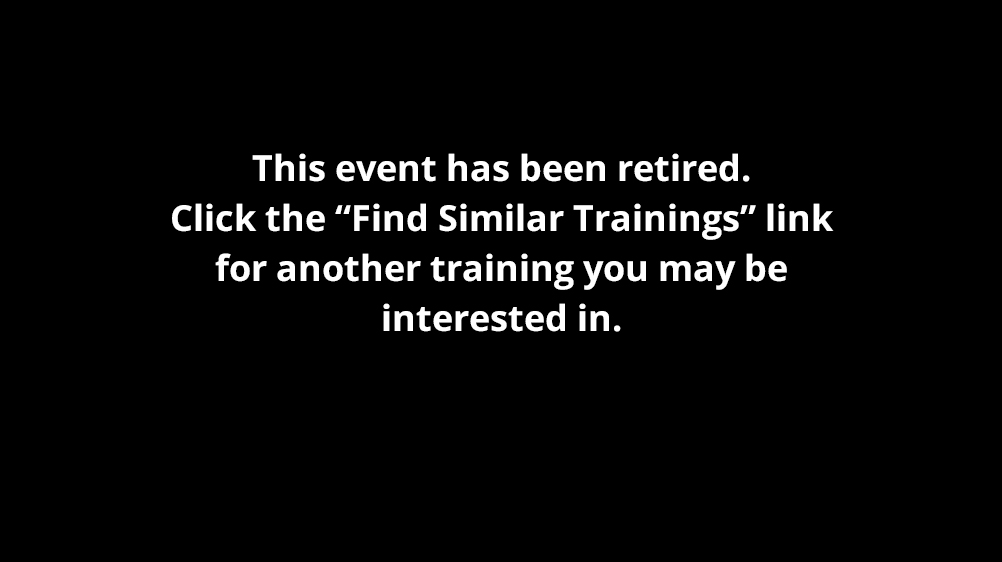Responsive General Collection Management: Integrating Stakeholder Input
(Retired)
| Last updated November 12, 2014
Why is this event retired?
At AI we want to always ensure that the best and most current trainings are available to members, and we regularly review our trainings to ensure that is the case.



